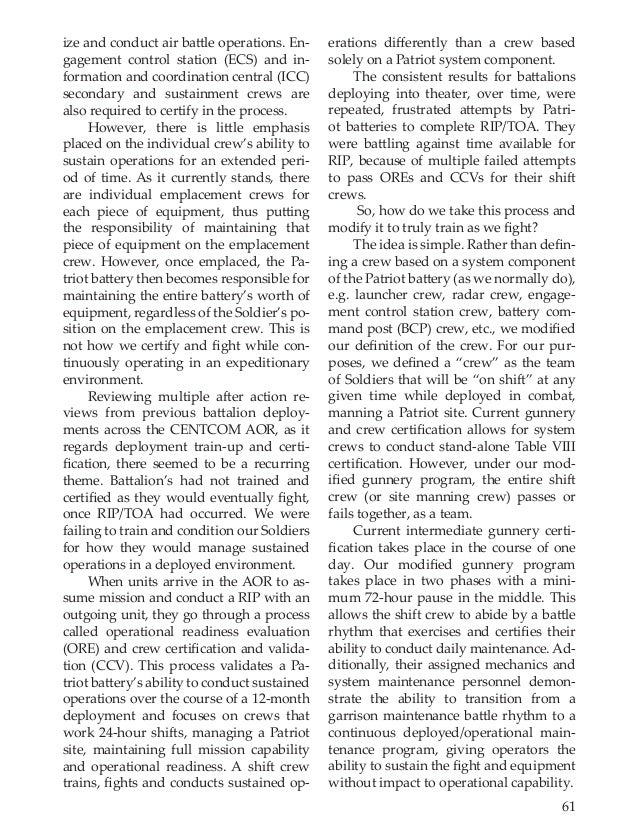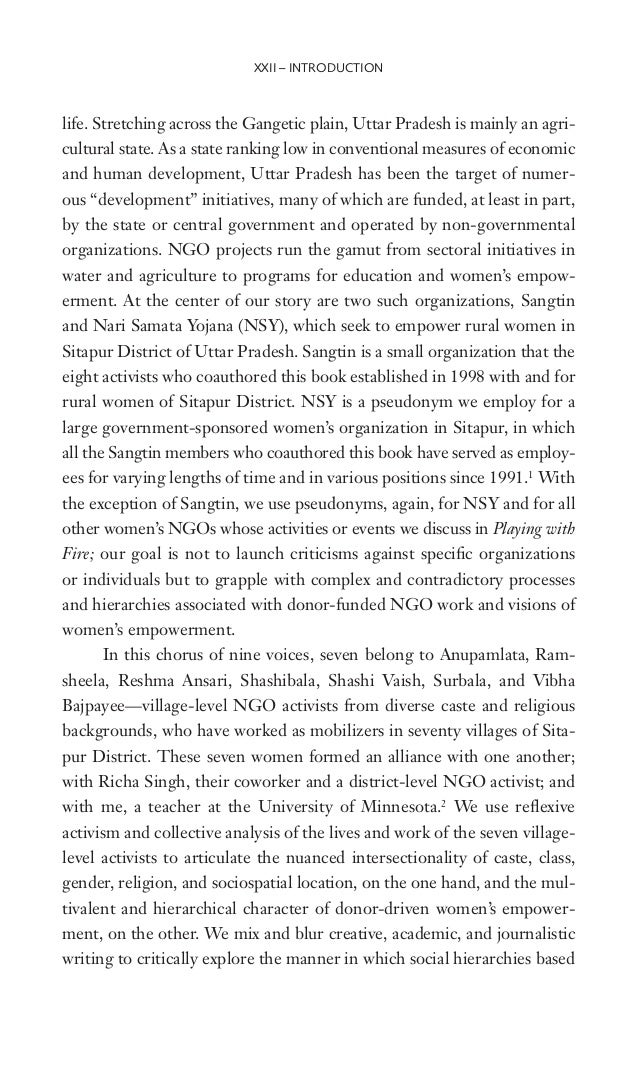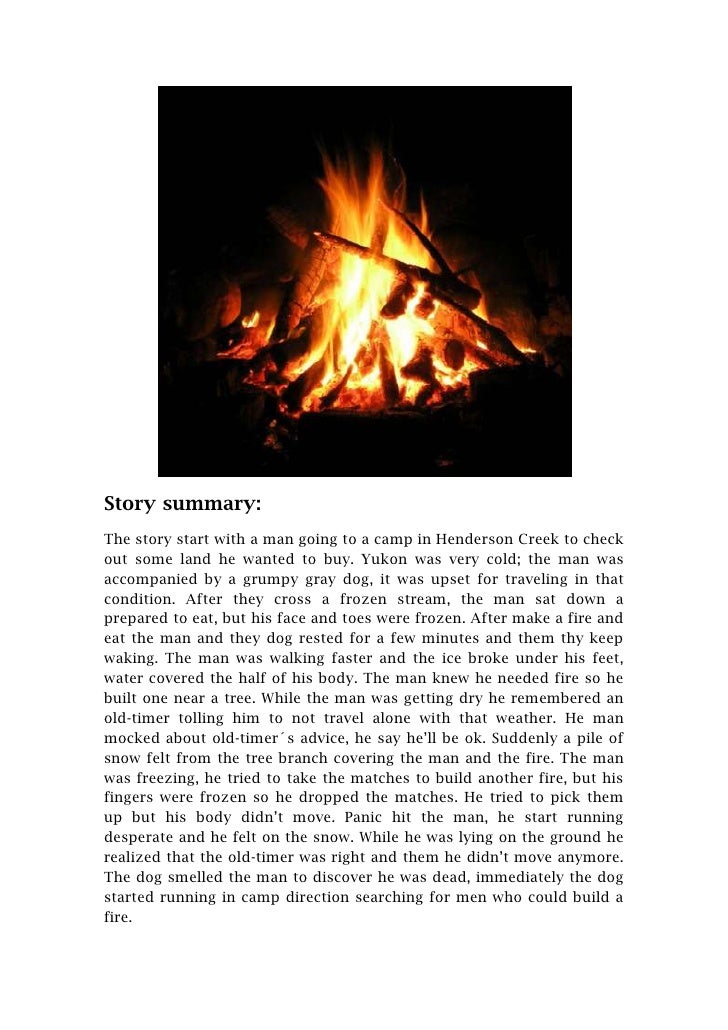

Duppee wrote, “He offers some data on the Black Muslim Movement… But he did a minimum of homework here. Duppee, critiques Baldwin’s approach to the Black Muslim Movement. Muhammad wants separation from white and black people. However, he gets the same message from Muhammad as from his father. Baldwin wants to belong somewhere and he is hopeful that in this Muslim home and faith, he would find membership. At first, Baldwin looks up to Muhammad, his demeanor and his words. Another version of ‘The Father,’ was when describing Elijah Muhammad, who was a noteworthy leader of the Muslim faith during that time.

This hatred for his father leads him to eventually rejecting the faith all together. “He’s Jewish.” “My father slammed me across the face with his great palm, and in that moment everything flooded back- all the hatred and all the fear, and the depth of a merciless resolve to kill my father rather than allow my father to kill me…” (Pg. He doesn’t agree with his father, because his father believes in keeping Christians and anyone else separate.

“I prided myself on the fact that I already knew how to outwit him” (Pg. One, for his literal father or step-father, to whom he couldn’t stand and was a pastor. He uses ‘The Father’ in many different ways.

Contrary to critics, I think Baldwin exemplified his point and personally, I felt transcended and hopeful of change. His passion and use of ethos are crucial to make the reader for whom he intended (mainly white America) to get it. In The Fire Next Time, by James Baldwin, he uses literal and figurative uses of ‘The Father’ as well as giving foreshadows to portray his opinions toward the hatred of different race in America.


 0 kommentar(er)
0 kommentar(er)
